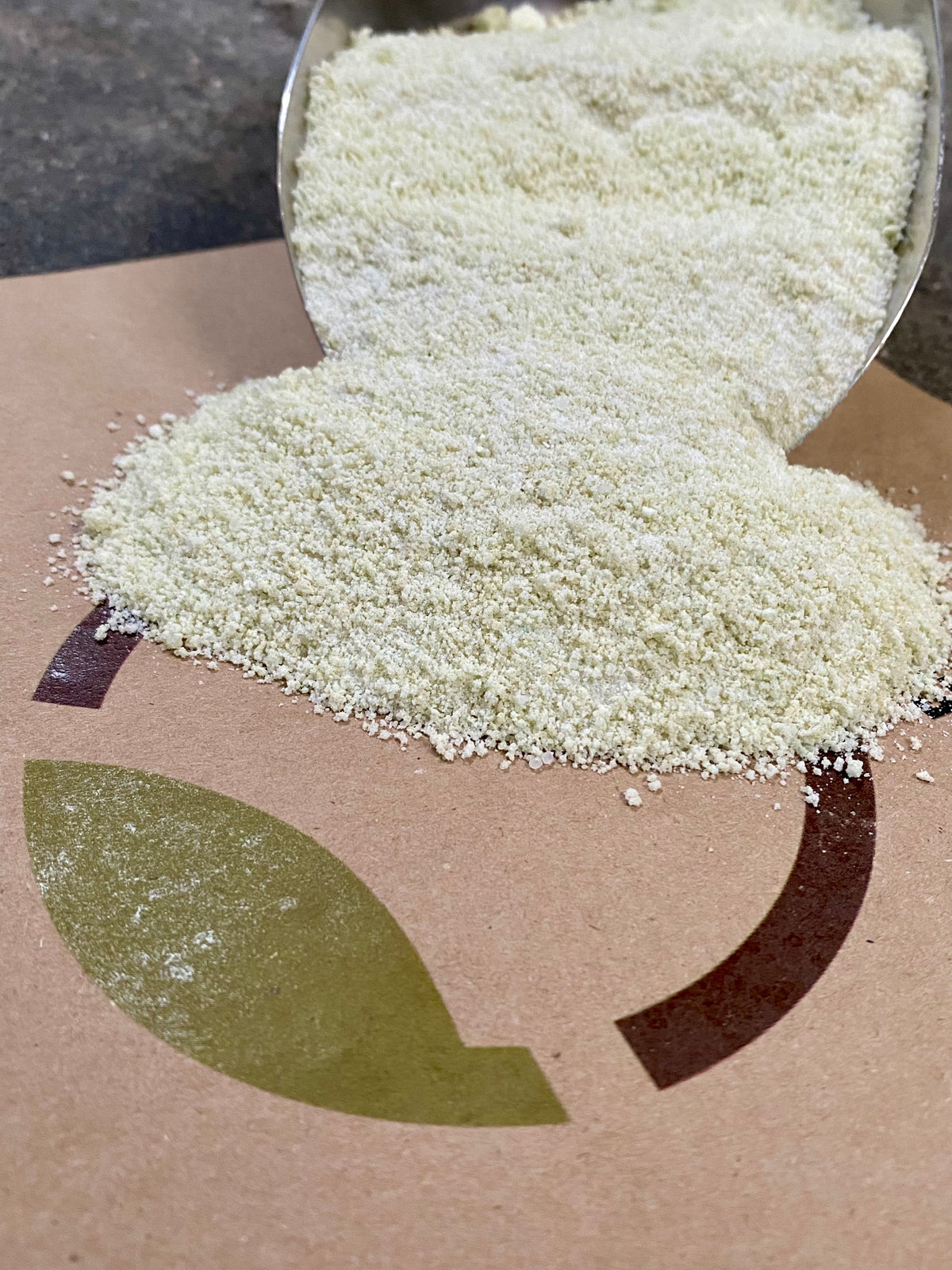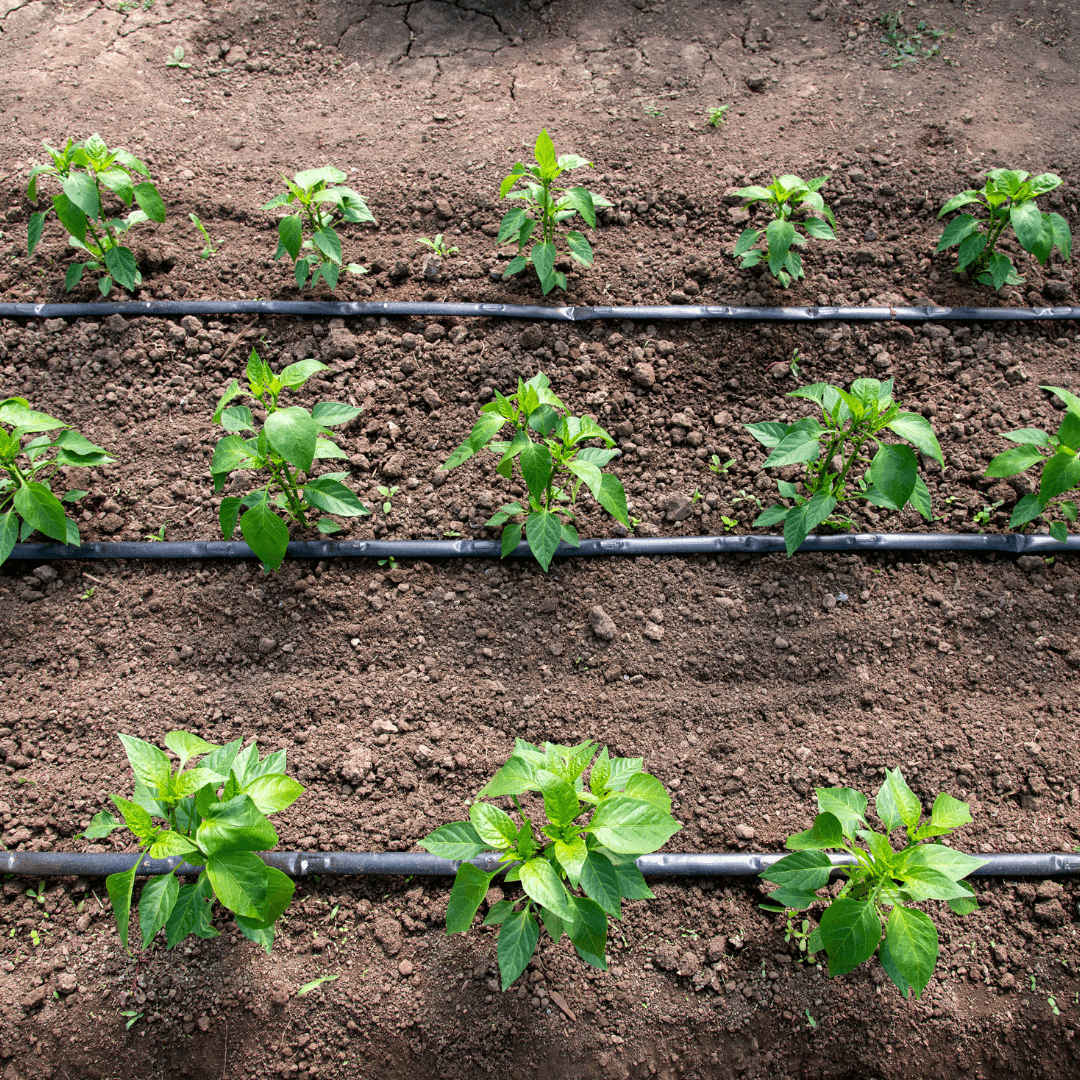Best Fertilizers for Peppers: Make The Most Of Plant Health and Return
Best Fertilizers for Peppers: Make The Most Of Plant Health and Return
Blog Article
Exactly How Fertilizers Play an Essential Duty in Growing Bountiful and healthy Pepper Crops
Fertilizers work as the backbone of successful pepper cultivation, using a tactical technique to nurturing the dirt and cultivating ideal plant growth. The detailed dance between crucial nutrients and the pepper plants' physical procedures emphasizes the crucial function that fertilizers play in making certain a plentiful harvest. From fueling durable origin advancement to boosting illness resistance, the impact of plant foods is significant in the farming of healthy and balanced and productive pepper plants. Stay tuned to uncover the nuanced means in which plant foods add to the thriving of pepper plants and the lasting techniques that underpin their efficiency.
Value of Nutrient-Rich Fertilizers
The application of nutrient-rich plant foods plays an essential duty in improving the efficiency and quality of pepper crops in contemporary farming methods. Pepper plants call for a well balanced mix of essential nutrients to prosper and produce high returns of high quality fruits. Potassium, nitrogen, and phosphorus are primary nutrients that are essential for the development and advancement of pepper plants. Nitrogen aids in leafed green development and total plant vigor, phosphorus supports root growth and blossom manufacturing, while potassium adds to condition resistance and fruit quality.
Insufficient levels of these nutrients can result in stunted growth, decreased yields, and sensitivity to illness (best fertilizers for peppers). Nutrient-rich plant foods give a targeted solution to make certain that pepper plants get the needed components for optimum growth and efficiency. In addition, these plant foods help improve soil fertility gradually, creating a sustainable atmosphere for long-term pepper cultivation
Enhancing Plant Development and Growth
To maximize plant development and growth in pepper plants, critical application of nutrient-rich fertilizers is vital. Fertilizers play an essential duty in enhancing the general wellness and productivity of pepper plants by providing them with necessary nutrients that may be doing not have in the dirt.
Iron, for circumstances, is essential for chlorophyll production, which is crucial for photosynthesis and overall plant growth. Zinc plays an essential role in enzyme activity and hormone synthesis, affecting plant growth and development at a cellular level.

Boosting Disease Resistance With Fertilizers
By tactically incorporating targeted fertilizers, farmers can strengthen the disease resistance of pepper crops, guaranteeing optimal plant health and wellness and performance. Plant foods consisting of vital nutrients like phosphorus, nitrogen, and potassium play a vital duty in strengthening pepper plants' immune systems, making them extra resilient to various conditions.

Making The Most Of Pepper Yield With Fertilization
Using a balanced fertilization strategy is crucial to achieving maximum pepper yield and ensuring ideal plant efficiency. By giving peppers with the right nutrients at the best time, farmers can substantially boost their return potential. Nitrogen, phosphorus, and potassium are crucial elements for pepper development, with nitrogen aiding in fallen leave and stem growth, phosphorus sustaining origin growth and blossom development, and potassium advertising general plant wellness.
To make the most of pepper return, it is vital to conduct soil tests to figure out existing vitamins and mineral levels and determine any type of shortages that need to be addressed. Based upon these outcomes, farmers can create a customized fertilization strategy that fulfills the specific needs of their pepper plants. In addition, appropriate fertilization techniques such as split applications throughout Discover More the expanding period can guarantee constant vitamins and mineral schedule for the plants.

Lasting Fertilizer Practices for Peppers
In thinking about sustainable plant food practices for peppers, it is critical to focus on lasting soil health and wellness and environmental stewardship in combination with optimizing crop efficiency. Lasting fertilizer practices aim to keep or improve dirt fertility while lessening adverse ecological effects. One crucial approach is making use of natural plant foods such as garden compost, manure, or cover crops, which not just offer essential nutrients to the peppers however likewise add to soil structure and microbial task. These natural choices aid build raw material in the dirt, enhancing its ability to retain water and nutrients, thereby sustaining long-lasting plant health and wellness and resilience.
In addition, precision farming techniques, such as dirt testing and targeted nutrient applications, can aid maximize fertilizer usage, making sure that peppers obtain the nutrients they require without excess runoff navigate to this site into rivers. This not just profits the setting by lowering contamination but additionally conserves expenses for farmers by reducing waste. By taking on lasting plant food techniques, pepper cultivators can protect the health and wellness of their crops, soil, and surrounding communities for future generations.
Final Thought
In conclusion, fertilizers are necessary for cultivating abundant and healthy pepper crops. best fertilizers for peppers. They offer essential nutrients for plant development and development, boost disease resistance, and take full advantage of yield. By carrying out sustainable plant food techniques, farmers can make sure the long-lasting health and wellness of their pepper plants and add to an extra efficient and environmentally-friendly agricultural system
The intricate dance between essential nutrients and the pepper plants' physiological processes highlights the essential duty that fertilizers play in making sure an abundant harvest.To maximize plant growth and growth in pepper plants, calculated application of nutrient-rich plant foods is essential. Plant foods play a vital function in boosting the general wellness and efficiency of pepper plants by providing them with vital nutrients that may be lacking in the dirt.By strategically incorporating targeted fertilizers, farmers can boost the disease resistance of pepper crops, making certain ideal plant health and wellness and productivity. Fertilizers having crucial nutrients like potassium, nitrogen, and phosphorus play a critical duty in strengthening pepper plants' immune systems, the original source making them more resilient to various illness.
Report this page